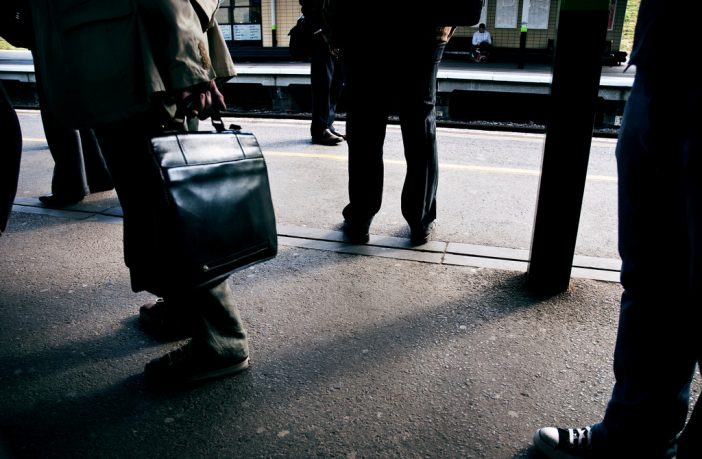Smart Cities – including Milton Keynes – look to a future which is more sustainable and economically-sound. But does that future involve us all? That question is the focus of research just announced at The Open University.
A team of researchers, led by the OU, has been awarded £750,000 to study the impact and engagement of Smart Cities, with particular emphasis on Milton Keynes.
Over two years, the project will investigate what kinds of users, citizens and consumers could potentially be affected by Smart Cities and discover if the impact is genuinely accessible in terms of policies, technologies and vision.
Today, half of the UK’s cities are adopting smart projects. These projects use data from digital technologies to increase sustainability – better use of existing resources for example – to generate economic growth and achieve an openness to improve participation in local governance. The technology in Smart Cities ranges from network grids to smartphone apps and sensors built in to the environment.
Professor Gillian Rose project lead for The Open University said Smart Cities and Social Difference will present a chance to answer key questions at a critical moment, and offers a real opportunity to analyse and inform developments.
Although local community and citizen participation is a pre-requisite for a successful smart city, almost nothing is known about how smart policies and technologies actually engage city residents and workers.
Who are smartphone apps designed for and what social needs do they ignore? What kind of populations are described by smart data hubs, and who do policies using such data therefore address?
Many are concerned that smart activity may well not reach socially marginalised groups and individuals, for example, and that it might therefore contribute to increased levels of social polarisation in cities between the digital ‘haves’ and ‘have-nots’.
The project has been designed in collaboration with a range of local and national stake-holders in the UK smart city scene, including MK Council, MK:Smart, the Transport Systems Catapult, as well as Community Action MK, the umbrella group for voluntary and community groups in the city.
Local stakeholders
Geoff Snelson, Director of Strategy at Milton Keynes Council, said:
“The funding award for the Open University ESRC project is great news. The Open University and Milton Keynes Council have worked closely together on the MK:Smart project that has seen us recognised as a leading UK smart city. This new research project will build our reputation further and help set an agenda for future work together”.
A wide range of public and private-sector local stakeholders in MK will be involved to help understand much better who their smart activity is engaging, how and why.
The OU’s two-year project, which starts officially in January 2017 has been given funding by the Economic & Social Research Council (ESRC).
The Open University and Milton Keynes Council are both partners of MK:Smart, a consortium bringing together higher education and industry partnership to help secure the future economic growth of Milton Keynes.
Photo by Mark Kidsley 



